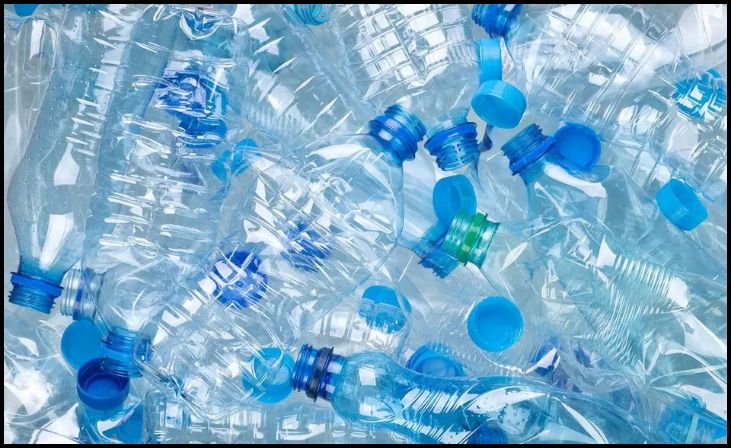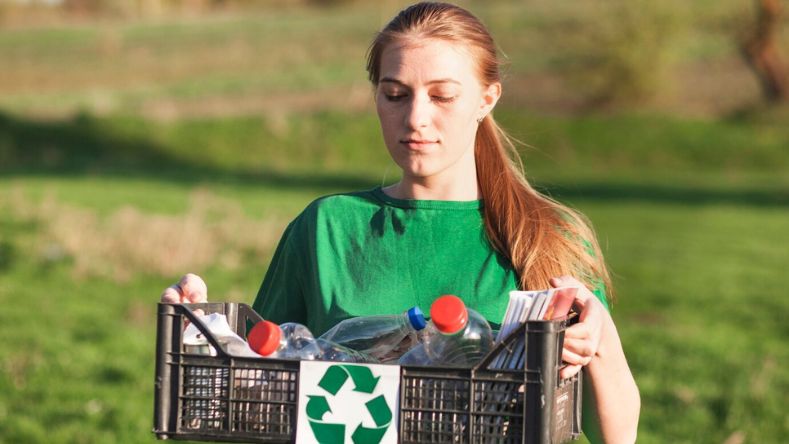Non Environmentally Friendly Products – In today’s rapidly changing world, it has become more crucial than ever to be acutely aware of our actions’ impact on the environment. Every decision we make, from the products we use to how we consume, holds a profound responsibility. We all share the collective duty to make choices that are not only considerate of our immediate needs but also mindful of the long-term well-being of our planet.
This article is your gateway to understanding the significance of these choices. It dives deep into the intricate web of 10 non environmentally friendly products, revealing why avoiding them is paramount for the health of our planet. It’s a journey that goes beyond mere facts and figures; it offers valuable insights that can shape the way we view our role in environmental conservation.
Non Environmentally Friendly Products
Non-environmentally friendly products, often referred to as unsustainable or harmful goods, represent a significant challenge in our modern world. These products, due to their production, use, and disposal, contribute to environmental degradation, pollution, and resource depletion. Their adverse effects are felt across the spectrum, from exacerbating climate change to contaminating ecosystems and endangering wildlife.
Identifying and understanding these non-environmentally friendly products is a crucial step toward fostering responsible consumer behavior and adopting sustainable alternatives. In a world where environmental concerns are paramount, addressing the issues associated with these products is a collective responsibility we all share to ensure a healthier, greener future for our planet.
10 Non Environmentally Friendly Products You Should Avoid
Plastic Bottles

Plastic bottles have become an integral part of our daily routines, offering convenience and portability. However, their widespread use presents a significant challenge for our environment. The production and disposal of plastic bottles contribute to environmental pollution in multiple ways. Notably, the manufacturing process releases harmful greenhouse gases, contributing to global warming and climate change.
One of the most effective steps we can take is to transition to reusable containers. You can significantly reduce your plastic waste by choosing eco-friendly, reusable alternatives. This small change in our daily habits can collectively make a substantial positive impact on our planet.
Also Read:- Environmentally Friendly Products
Single-Use Plastics
Single-use plastics, including items like straws, bags, and disposable cutlery, pose a severe threat to our environment. These items are designed for short-term convenience but often end up in our oceans, where they wreak havoc on marine ecosystems. Plastic pollution is a global concern, with wildlife ingesting or becoming entangled in plastic debris.
To address this issue, making the switch to reusable and sustainable alternatives is vital. By opting for biodegradable or reusable straws, bags, and utensils, you play a part in combating this environmental challenge and preserving the health of our oceans and marine life. Keep reading to know more about the Non Environmentally Friendly Products.
Fast Fashion
The fashion industry has gained notoriety for its negative environmental impact. Fast fashion, characterized by the rapid production of inexpensive clothing, relies on materials and labor practices that generate excessive waste and pollution. The disposal of fast fashion items contributes to overflowing landfills.
To make a difference, consider sustainable clothing options, such as garments made from eco-friendly materials or ethical fashion brands. Additionally, second-hand shopping and clothing swaps are fantastic ways to reduce the environmental footprint of your wardrobe.
Disposable Batteries
Disposable batteries offer convenience but come at an environmental cost. They contain hazardous materials like lead and cadmium, which can leach into the environment when improperly discarded. To reduce your ecological footprint, opt for rechargeable batteries. These not only save you money in the long run but also significantly reduce the environmental impact associated with disposable batteries.
Pesticides

In order to keep crops safe in today’s farming practices, pesticides are indispensable. However, the use of chemical pesticides can have unintended consequences. They not only harm pests but also beneficial insects and the environment. Supporting organic and sustainable farming practices can reduce the need for harmful chemicals, promoting healthier ecosystems and safer food production.
Styrofoam
Styrofoam, a common packaging material, is infamous for its non-biodegradable nature. It persists in landfills for centuries, causing long-term environmental issues. Choosing eco-friendly packaging alternatives is a proactive step to reduce the environmental impact of Styrofoam. Continue scrolling through to know more about the Non Environmentally Friendly Products.
Fast Food Packaging
Fast food is a popular choice for busy lives, but it often comes with non-recyclable packaging. By opting to dine in or bringing your own reusable containers, you can significantly minimize the waste generated by fast food consumption. These small changes in our habits can collectively lead to a substantial reduction in environmental waste.
Non-Recyclable Electronics
Many electronic devices, such as smartphones and laptops, pose recycling challenges due to their complex components. This results in a growing problem of electronic waste. Researching and choosing products that are designed for easy recycling can significantly mitigate the issue of electronic waste. By making informed choices, you contribute to a more sustainable electronics industry.
Gasoline-Powered Lawnmowers
Gasoline-powered lawnmowers, though convenient for yard maintenance, emit harmful fumes and contribute to air pollution. To adopt a greener approach to lawn care, consider switching to electric or manual lawnmowers. This not only reduces emissions but also promotes cleaner air in your community.
Also Read:- Eco-Friendly Beauty Products
Incandescent Light Bulbs

Incandescent light bulbs have been a staple in our homes for years, but they are energy-inefficient and have a short lifespan. To conserve energy and reduce your environmental footprint, replace incandescent bulbs with LED or CFL (Compact Fluorescent Light) bulbs. These alternatives use less energy and last considerably longer.
Conclusion
In conclusion, our roles as conscientious consumers carry immense weight in the ongoing mission to preserve our planet and create a sustainable future for all. By actively avoiding the use of these 10 non environmentally friendly products, you are directly contributing to the vision of a greener, healthier, and more sustainable world.
The power of informed decision-making cannot be overstated. Each time you choose an eco-friendly alternative over a harmful product, you are casting a vote for a planet that thrives. Your choices send a resounding message to manufacturers and industries, urging them to adopt more sustainable practices.
But the impact of your choices doesn’t end with your own actions. It extends to those around you. Encouraging family, friends, and colleagues to embrace eco-friendly alternatives can create a ripple effect, multiplying the positive influence you’ve set in motion.
FAQs
Single-use plastics are harmful because they take hundreds of years to break down, contributing to pollution in our oceans and landscapes.
Fast fashion is unsustainable due to its reliance on cheap materials and labor, resulting in pollution and excessive waste.
